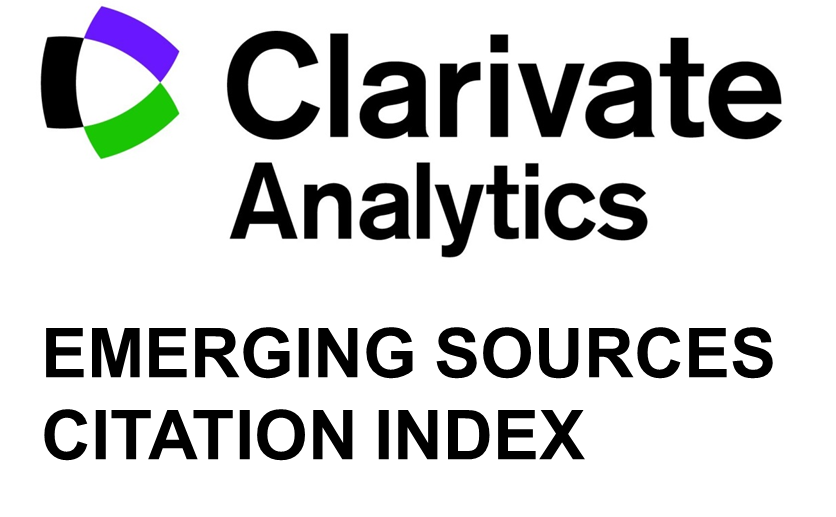Team effectiveness in a virtual environment: the role of trust and knowledge sharing
DOI:
https://doi.org/10.5937/StraMan2400017HKeywords:
Virtual team, knowledge sharing, team effectiveness, remote work, collaboration, trustAbstract
Background: In recent years, research efforts have focused on understanding virtual environments and the importance of collaboration in such environments. The spread of remote working, exacerbated by the global pandemic and changing workforce dynamics, has meant that organizations are increasingly reliant on dispersed teams. Building trust in virtual teams is paramount to fostering effective collaboration, and achieving common goals. Trust reduces uncertainty, promotes collaboration and facilitates open communication between team members. Building trust in virtual contexts is challenging due to limited face-to-face interactions. In addition, knowledge sharing plays a crucial role in improving team effectiveness by enabling information sharing and problem solving. The lack of physical proximity in virtual environments is a barrier to spontaneous knowledge sharing and highlights the critical need for a culture that encourages knowledge sharing.
Methodology: This study highlights the importance of cultivating a supportive virtual environment, ensuring psychological safety and utilizing technical platforms to facilitate information sharing. Quantitative data and survey methods are used to explore the integral impact of trust, knowledge sharing, collaboration, and team effectiveness.
Findings and Conclusions: The results of this study contribute to the existing literature on virtual teamwork by highlighting techniques and practices that improve team performance. The finding that trust and information sharing play a central role in virtual teams can help organizations develop effective virtual work policies, design appropriate training programs, and select suitable collaboration platforms.
Limitations and Future Research: While the study provides valuable insights, the generalizability of the findings to other contexts is limited by the restriction to a single sample. Replicating the study in different organizational contexts would improve the robustness of the results. Furthermore, the cross-sectional nature of the study limits the possibility of proving causality. Future research efforts could use longitudinal studies to examine the complex relationships between trust, teamwork, collaboration, and knowledge sharing over time.
Downloads
Published
Issue
Section
License
Copyright (c) 2025 Naida Hodzic, Amina Efendic, Amra Kapo

This work is licensed under a Creative Commons Attribution 4.0 International License.














